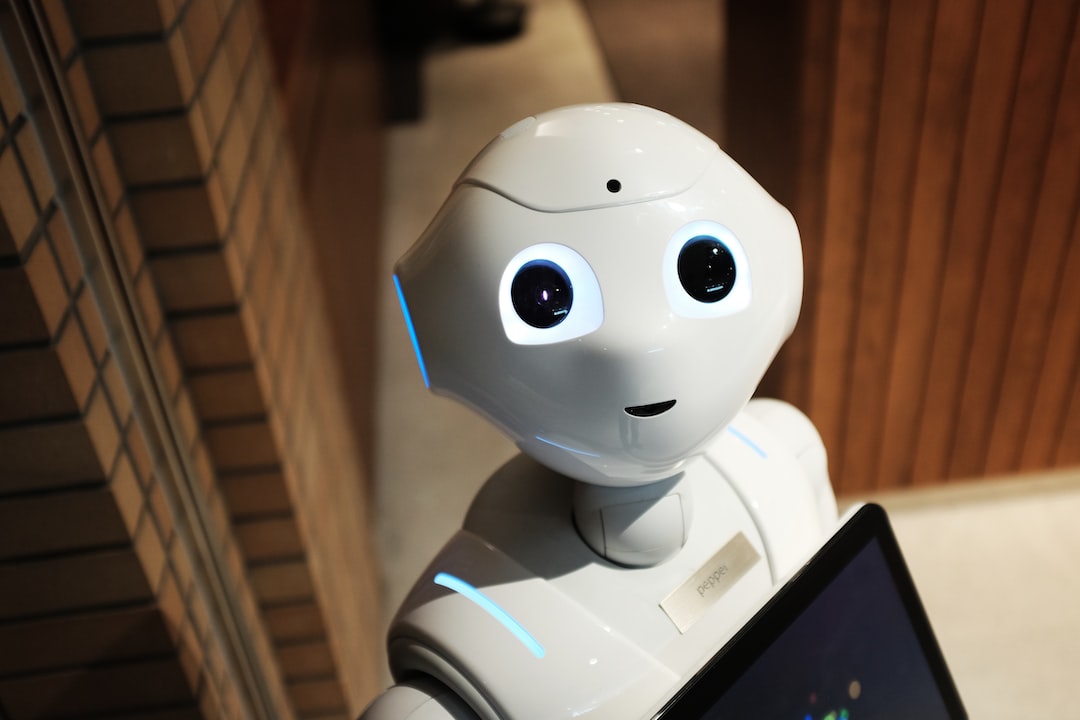The Future of Self-Driving Cars and Their Impact on Society
Introduction
Imagine a world where cars effortlessly navigate the streets without any human intervention. A world where the stress of rush hour traffic and the risk of human error are eliminated. This is the future that self-driving cars promise to bring. As this revolutionary technology continues to evolve, it is crucial to explore the potential impact it may have on society. In this blog post, we will dive into the future of self-driving cars and discuss their implications on various aspects of our lives.
Increased Safety
One of the main advantages offered by self-driving cars is the potential to drastically reduce accidents and save lives. According to the World Health Organization, approximately 1.35 million people die each year in road traffic accidents. Human errors, such as distracted driving and drunk driving, account for a significant portion of these fatalities. With self-driving cars, the reliance on fallible human judgment is diminished. Advanced sensors, artificial intelligence, and machine learning enable these vehicles to detect obstacles, obey traffic rules, and react faster than any human driver possibly could. By removing the human factor from the equation, self-driving cars have the potential to make our roads significantly safer.
Mobility for All
Self-driving cars can also provide newfound mobility for individuals who are unable to drive due to physical disabilities or age-related issues. Elderly people, for instance, often face a loss of independence as a result of declining physical abilities. Self-driving cars can empower them to maintain and extend their freedom, allowing them to continue accessing essential services and be engaged in their communities. Similarly, individuals with disabilities can find transportation solutions tailored to their specific needs, eliminating barriers that prevent them from fully participating in the workforce and society as a whole.
Reduced Traffic Congestion and Environmental Impact
With self-driving cars communicating with each other and with traffic infrastructure, traffic congestion can be significantly reduced. These vehicles have the ability to anticipate and navigate the most efficient routes, minimizing time spent idling in traffic. Additionally, self-driving cars can improve traffic flow by maintaining consistent speeds and safe distances between vehicles. As a result, the overall capacity of our roads can be better utilized. Moreover, self-driving cars are often electric or hybrid vehicles, leading to a reduction in greenhouse gas emissions and a positive impact on the environment.
Altered Employment Landscape
The widespread adoption of self-driving cars will undoubtedly disrupt the labor market. Professional drivers, such as taxi drivers, truck drivers, and delivery drivers, may face significant job losses. This shift in employment opportunities will require substantial considerations and proactive measures from governments and corporations in order to provide job retraining and assistance to those affected. However, it is important to recognize that new industries and job opportunities will also emerge as a result of self-driving cars. For example, there will be an increased demand for engineers, software developers, and technicians to design, build, and maintain the self-driving car infrastructure.
Ethical Considerations
The rise of self-driving cars also poses ethical dilemmas that require careful thought and consideration. For instance, in situations where a collision is unavoidable, how should the car’s algorithm prioritize the safety of its occupants versus the safety of pedestrians or other vehicles? These questions raise complex moral and legal issues that must be addressed before self-driving cars become the norm on our roads. Developing clear guidelines and regulations that govern the behavior of these vehicles is crucial to achieving a harmonious integration into society.
Conclusion
The future of self-driving cars is on the horizon, promising improved safety, increased mobility, reduced traffic congestion, and a more sustainable environment. However, we must navigate the potential challenges and ethical dilemmas that come with this technology. By carefully considering the impact of self-driving cars on various aspects of society, we can develop strategies that maximize their benefits while minimizing potential risks. The future of transportation is undoubtedly an exciting one, and self-driving cars are at the forefront of this transformative journey.

